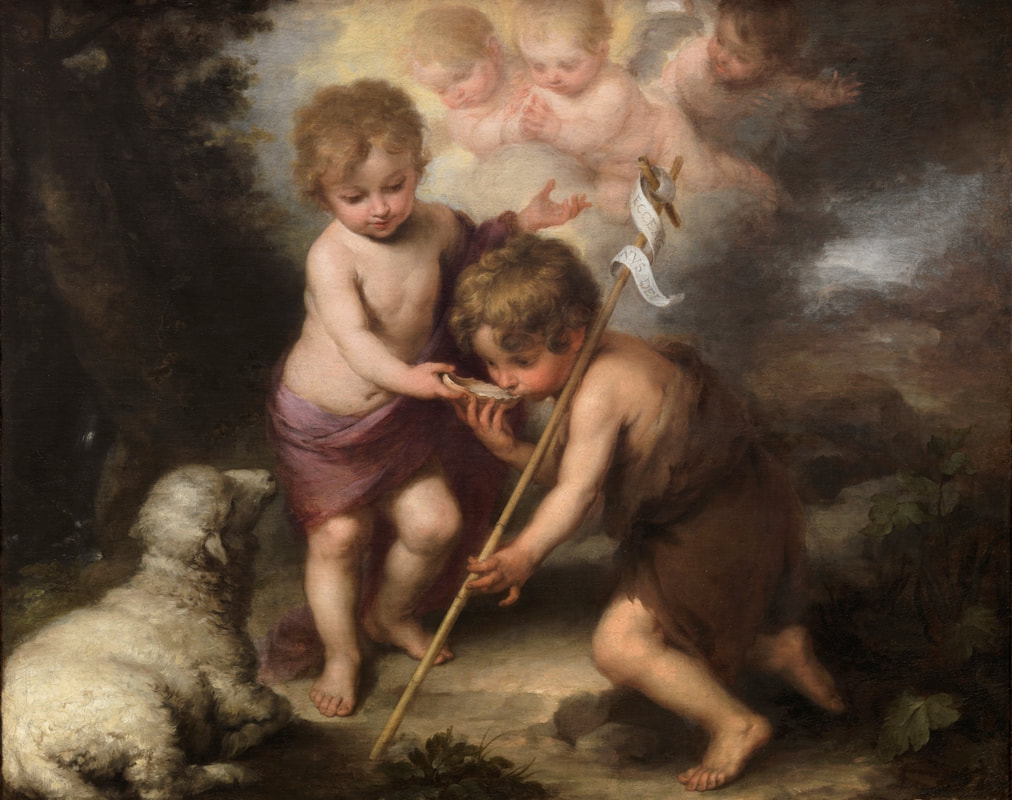|
There’s an interesting thread of “doubt” that weaves its way through these third and fourth chapters of The Lord. Guardini focuses the third chapter on the Incarnation, the Son become man. It truly is a remarkable and wholly unfathomable claim that the supreme and eternal God could possibly be found in something so lowly and base as a man. “If doubt can establish a foothold anywhere in our faith, it is here” he says. And of course! It’s absurd, no matter what Revelation tells me! But Guardini suggests we do not suppress this doubt. We do not ignore it. But instead we should “give it room”, so that we might continue to reflect and meditate on the question more carefully and more patiently. Trying to comprehend how this can be, or even further why it would be, stretches the limits of our intellectual capacity as human beings. “Before such an unheard of thought the intellect bogs down.” We are trying to understand the actions, decisions, and nature of something so profoundly and unimaginably “other” and beyond ourselves, that our reason simply hits a brick wall. How can I make rhyme or reason of something which is so beyond my capability to reason? Guardini suggests a method for overcoming this brick wall of our own doubt—doubts like what John faced in his final days. He mentions a friend who, in reply to Guardini’s own befuddlement, simply said “But love does such things!” “Again and again these words have come to the rescue when the mind has stopped short at some intellectual impasse. Not that they explain anything to the intelligence; they arouse the heart, enabling it to feel its way into the secrecy of God. The mystery is not understood, but it does move nearer . . . None of the great things in human life springs from the intellect; every one of them issues from the heart and its love. If even human love has its own reasoning, comprehensible only to the heart that is open to it, how much truer must this be of God’s love!” -Romano Guardini ("The Lord") This message of doubt and love is echoed in the fourth chapter, where Guardini talks about John the Baptist sending a message from the cell in which Herod imprisoned him, asking Jesus “Are you he who is to come, or shall we look for another?” (Matt. 11:3) Even John, the greatest of the prophets, finds himself mired in doubt. We can imagine him agonizing in his cell, having dedicated all of his short life to this vocation, to prepare the way for the one who is to come. But now, in the custody of Herod and knowing the end is near, his certainty wavers. He desperately reaches out for confirmation that his life wasn’t in vain. But note that John did not deny his doubt. He did not suppress it. He gave it room, he let himself reflect on it, agonizing as it must have been. His mind churned over the thought for hours upon hours, until finally he was at a wall. His mind could not make sense of it. He needed help, and the only help that could possibly be enough would be from the one whom he loved—from he who is truly the Messiah.
These doubts we have are not to be shirked, not to be driven away or cast aside. They are an opportunity for us to turn to God in love and ask for His help, as John did. Love grows and develops, and the more we turn to God in love, the more our love for Him will grow. And the more our love for God grows the more we will find we are able to understand. Perhaps not always with the intellect, but with the heart that is now open to the truths that are too big to comprehend. Love does such things!
0 Comments
|
Series Info
Every day of Lent, I am writing a reflection piece on two chapters of "The Lord" by Romano Guardini. If you'd like to read or follow along, you can find the full calendar of where we're at below, or Click Here for the main landing page. Archives
April 2020
Categories
All
|

 RSS Feed
RSS Feed